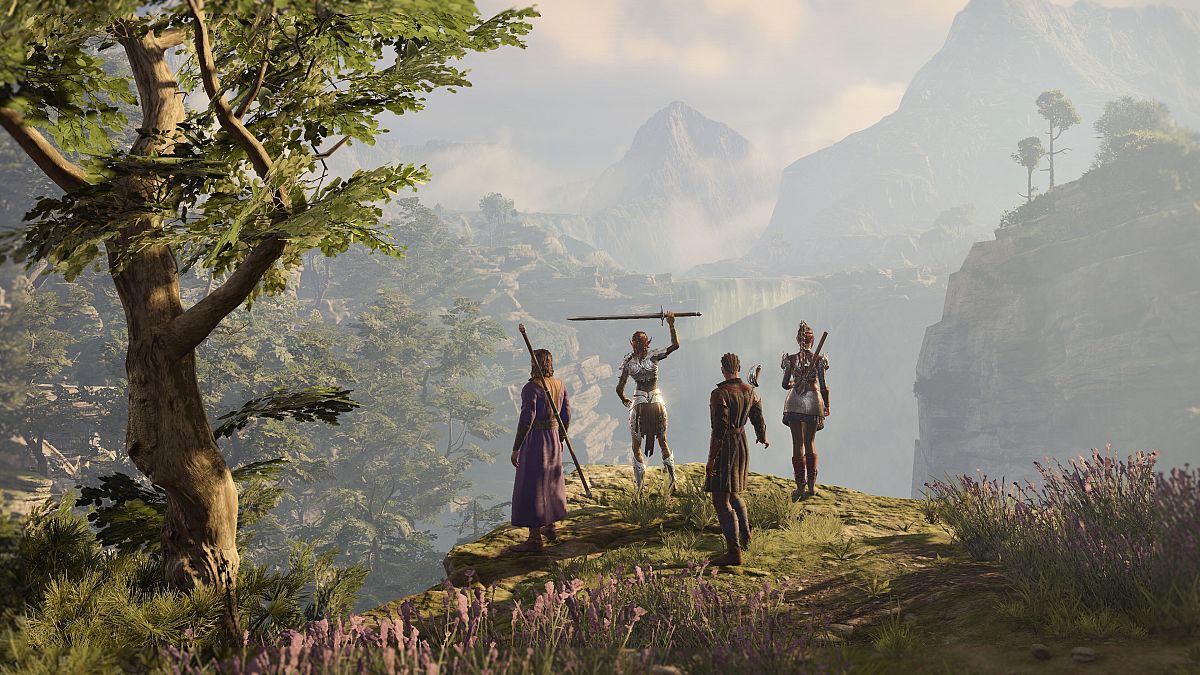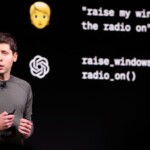Artificial intelligence has the potential to revolutionize the gaming industry by enabling the cloning of actors’ voices, thereby facilitating the expansion of video game worlds. However, as major gaming studios engage in negotiations with unions, ethical and practical concerns are at the forefront.
The landscape of video games is evolving rapidly, characterized by intricate open worlds that offer a myriad of possibilities for character interactions and dialogues. As these virtual realms grow in complexity, the demand for diverse voices has escalated, prompting some game developers to explore the use of AI-driven voice cloning tools to streamline the process and reduce costs.
The response from professional voice actors towards this emerging technology is mixed. While some express apprehension about the potential displacement of human actors by AI voices, others are receptive to the innovation provided that their voices are used respectfully and fairly compensated.
One such voice actor, Andy Magee from the UK, known for lending his voice to various video game characters spanning different personalities and accents, recounts his unexpected foray into the industry through AI-generated voice clones. Despite initial reservations, Magee embraced the opportunity for paid voice work, acknowledging the value of gaining experience in the field.
The mechanism behind voice cloning involves a meticulous process. Magee’s introduction to voice cloning was through Replica Studios, an Australian company committed to developing an ethical AI voice platform tailored for gaming and film. This pioneering company has forged a groundbreaking agreement with the SAG-AFTRA actors’ union, allowing studios to collaborate with unionized actors to create and license digital replicas of their voices, with provisions for actors to opt out of perpetual voice usage.
The dataset for voice cloning encompasses a spectrum of emotions and expressions, meticulously recorded by actors like Magee, ranging from normal speech to character-specific dialogues. Once the cloning process is complete, subscribers to Replica’s text-to-speech tool gain access to a versatile voice that can articulate various lines within predefined guidelines.
Despite the strides made in integrating AI voices into gaming, concerns persist regarding their misuse, particularly in the realm of deepfake technology. Instances of unauthorized replication of voices without actors’ consent have tarnished the reputation of AI voice clones. The issue of consent and ownership remains a focal point, necessitating clear guidelines and ethical considerations in the utilization of AI-generated voices.
While the debate around AI voices in gaming continues, there is optimism for a harmonious resolution between actors’ unions and gaming studios. Industry figures like Sarah Elmaleh, a prominent voice actor, acknowledge the evolving landscape and the potential benefits of AI voices when integrated responsibly into game development processes.
Replica Studios, at the forefront of AI voice technology, emphasizes the importance of actors’ involvement in voiceover projects, aiming to empower actors by licensing their voices for a specified duration while leveraging AI cloning to enhance the immersive experience of expansive video game worlds. The CEO of Replica Studios, Shreyas Nivas, underscores the collaborative nature of their approach, emphasizing that the technology is designed to complement actors rather than replace them, creating new avenues for revenue generation within the industry.










